Sharing with TG&VN on the sidelines of the 16th International Conference on the East Sea in Quang Ninh on October 23, Prof. Dewi Fortuna Anwar, Chairman of the Board of Directors, Habibie Research Center, Indonesia, assessed the role of UNCLOS, the prospects of the COC and the view on a multipolar order.
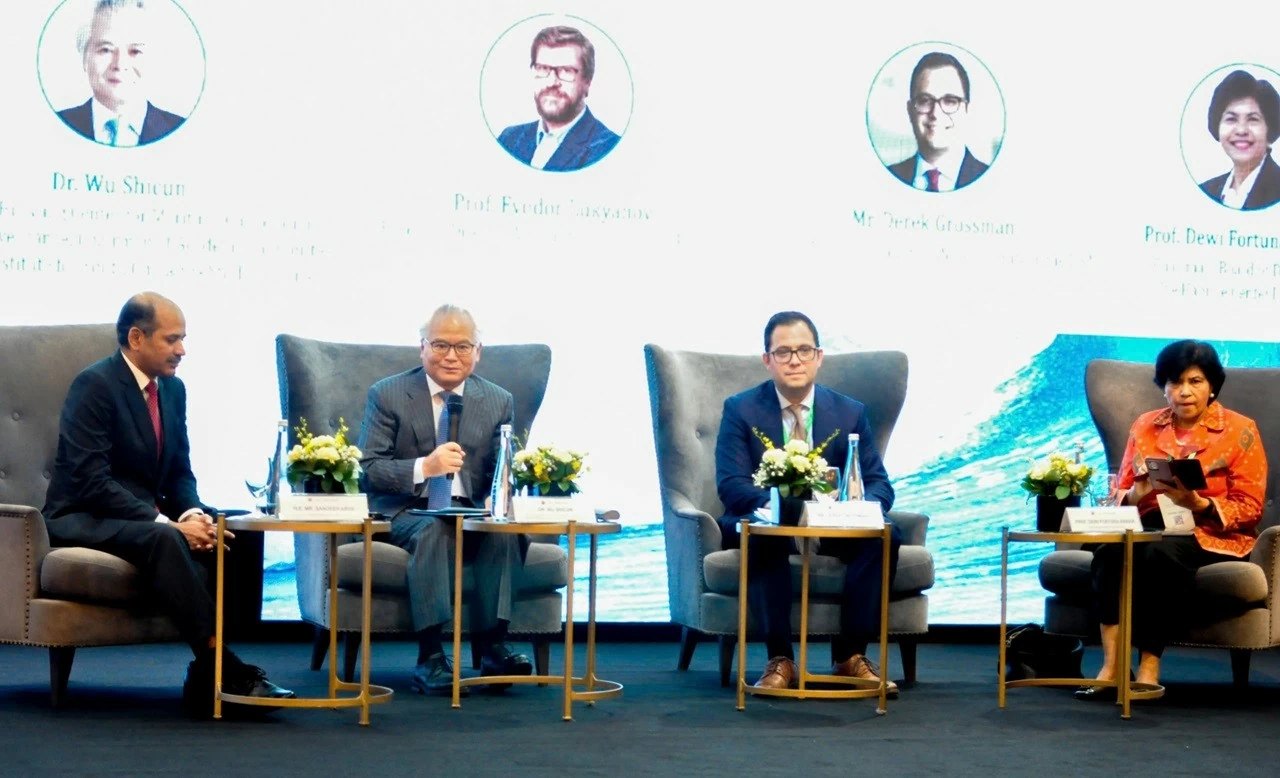 |
| Prof. Dewi Fortuna Anwar (far right) attends discussion session II within the framework of the 16th International Conference on the East Sea. (Photo: PH) |
Madam, within the framework of the 16th International Conference on the East Sea, delegates spent a lot of time discussing the nature of the current multipolar order, whether it is “hot peace”, “cold war” or “peaceful coexistence”. What is your opinion on this issue?
Many people question whether we are really moving towards a multipolar world. I think our world is much more complex than before and is moving towards a complex multipolar world. The international situation is much different from the Cold War period, and the relationship between the US and China is gradually becoming tense.
Assessing what is happening in the South China Sea, I think that these are not open conflicts but also not really peace, so using the term “hot peace” in the South China Sea is very appropriate. In that context, we want to ensure that ASEAN does not face conflicts in the region, so I expect that ASEAN’s vision of the Indo-Pacific can be more inclusive, based on ASEAN’s norms and values within the framework of the Treaty of Amity and Cooperation in Southeast Asia, promoting peaceful coexistence, ASEAN’s strategic autonomy and maintaining its centrality.
How do you assess the importance of dialogue in promoting peace and stability in the East Sea? Dialogue is the traditional way we have always aimed for to manage disagreements. Is there anything else we need to pay attention to now?
I think dialogue is very important because it builds trust. We may not agree on certain principles, but what we have is a friendly atmosphere and a trust that we can continue to work together to restrain the behaviour that can easily lead to conflict.
That is why ASEAN wants to spread the way to ensure dialogue and cooperation, where there can be exchanges, including disagreements but there is agreement not to use force or threat of force and whenever there is conflict, it needs to be resolved peacefully. So dialogue and cooperation beyond dialogue is the key to peace and stability in the region.
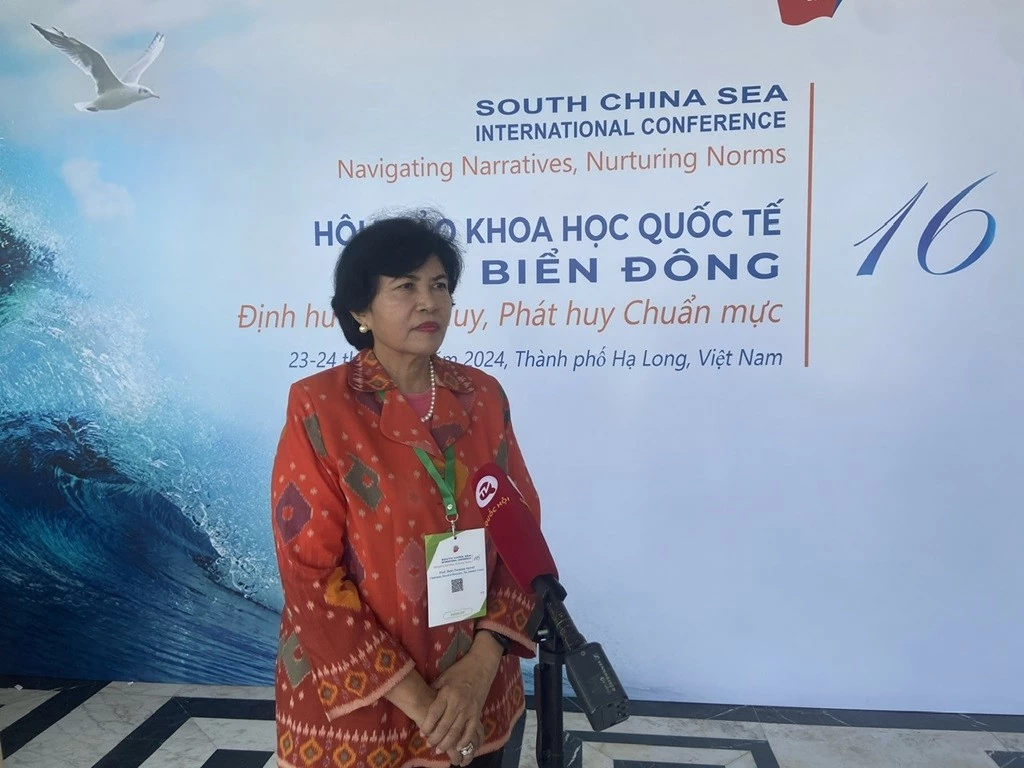 |
| Professor Dewi Fortuna Anwar shared with The World & Vietnam Newspaper on the sidelines of the Conference. (Photo: PH) |
How do you assess the potential for an early conclusion of a Code of Conduct in the East Sea (COC) between ASEAN and China? Many scholars expect that by 2026 we will have a COC that meets common aspirations?
We will have to work very hard. ASEAN and China need to be serious about this issue based on common views. Many are pessimistic about the future of the COC as ASEAN countries insist on the integrity of the 1982 United Nations Convention on the Law of the Sea (UNCLOS 1982), which is the basis for maritime law. Meanwhile, although China is a party to UNCLOS 1982, its claim to the South China Sea is not based on UNCLOS, but on historical arguments that are not recognized by UNCLOS. Moreover, there are still fundamental differences in views between ASEAN and China regarding the South China Sea.
However, the most important thing for the COC is a code of conduct to ensure China’s goodwill to cooperate with ASEAN, support ASEAN’s strategic autonomy and centrality, and ensure the prevention of unintended clashes and escalation of tensions. We have the right to hope, but the result will not be just a matter of prayer, it can only be achieved based on the efforts and political will of the parties.
Nowadays, many people seem pessimistic about the value of the "ocean constitution" - the 1982 United Nations Convention on the Law of the Sea (UNCLOS), what about you?
UNCLOS is of utmost importance, especially in the context of many countries showing non-compliance with UNCLOS. UNCLOS is currently the only basis for resolving territorial disputes and delimiting maritime boundaries. For archipelagic countries like Indonesia, UNCLOS is truly the key to the country's development.
With ASEAN, the Association is consistent in respecting international law, the United Nations Charter and UNCLOS on issues related to maritime boundaries. With Indonesia and Vietnam, the two countries have also reached consensus within the framework of UNCLOS. Many countries may not yet agree on the interpretation of UNCLOS, but all must acknowledge that this is the most important international legal basis in the maritime field.
How important is maritime and aviation safety to development, madam?
Obviously, not only ASEAN countries but also many other countries can use the sea route in the East Sea. Therefore, maritime and aviation safety in the East Sea is a concern of many countries in the world. The East Sea is one of the most strategic and busiest seas, witnessing many bustling international commercial activities.
The development and prosperity of the global economy depends on the safety of maritime and aviation activities, measures to protect the marine environment, care for fish stocks, climate change issues and food security. Therefore, we need to consider the interests of different purposes in the East Sea.
Thank you very much!
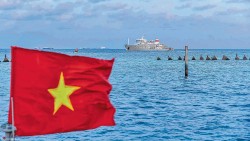 | Strengthening and expanding international cooperation on the sea for peace, stability and sustainable development in the East Sea Permanent Deputy Minister of Foreign Affairs, Chairman of the National Border Committee Nguyen Minh Vu gave an interview to TG&VN Newspaper on the occasion of the ... |
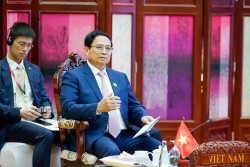 | ASEAN is confident, self-reliant and strategically autonomous in a changing world On October 9, continuing the working program of the 44th and 45th ASEAN Summits and related Conferences at ... |
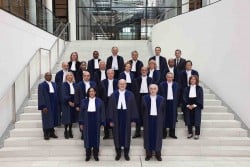 | 30 years of UNCLOS in force: ITLOS's role in maintaining legal order at sea By resolving more than 30 maritime disputes over the past 30 years, the International Tribunal for the Law of the Sea (ITLOS) has made an important contribution to ... |
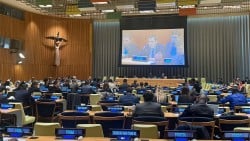 | Vietnam's candidacy for the International Tribunal for the Law of the Sea aims to contribute to strengthening the rule of law globally. Ambassador Dang Hoang Giang said that the responsibility to promote and maintain the rule of law at all levels needs to be shared by all ... |
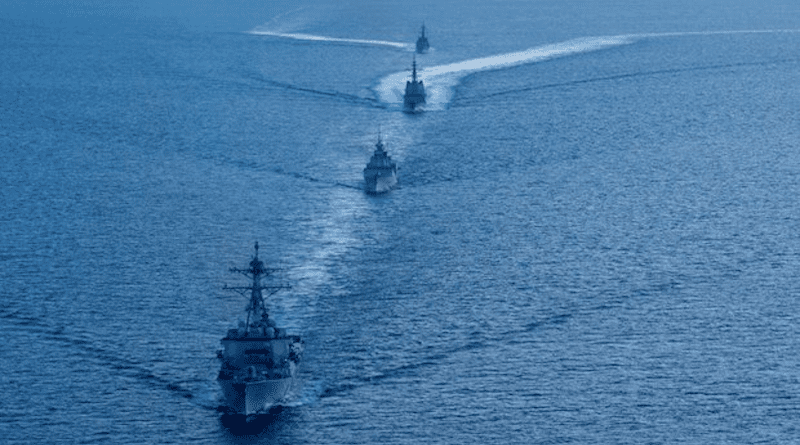 | Veteran Indonesian diplomat analyzes the 'key' to tensions in the East Sea By working together and respecting the law, resolving disputes peacefully, and behaving transparently and fairly, ... |
Source: https://baoquocte.vn/tuong-lai-cua-bo-quy-tac-ung-xu-o-bien-dong-ket-qua-khong-den-nho-cau-nguyen-phu-thuoc-vao-y-chi-chinh-tri-cua-cac-ben-291134.html


![[Photo] Prime Minister Pham Minh Chinh meets with King Philippe of Belgium](https://vstatic.vietnam.vn/vietnam/resource/IMAGE/2025/4/1/be2f9ad3b17843b9b8f8dee6f2d227e7)

![[Photo] Close-up of Vietnam's sniffer dog team searching for earthquake victims in Myanmar](https://vstatic.vietnam.vn/vietnam/resource/IMAGE/2025/4/1/d4949a0510ba40af93a15359b5450df2)
![[Photo] President Luong Cuong and King Philippe of Belgium visit Thang Long Imperial Citadel](https://vstatic.vietnam.vn/vietnam/resource/IMAGE/2025/4/1/cb080a6652f84a1291edc3d2ee50f631)
![[Photo] General Secretary To Lam receives King Philippe of Belgium](https://vstatic.vietnam.vn/vietnam/resource/IMAGE/2025/4/1/e5963137a0c9428dabb93bdb34b86d7c)

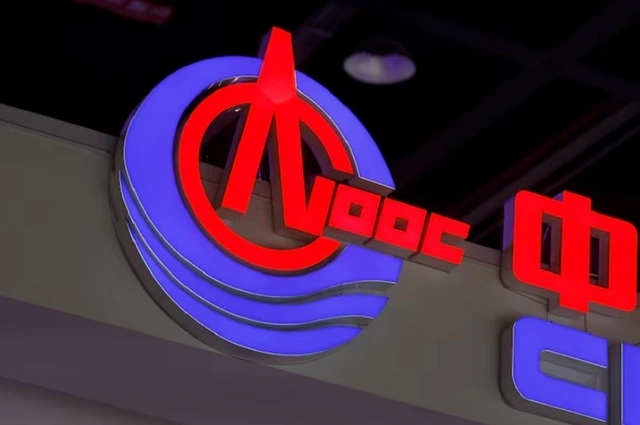






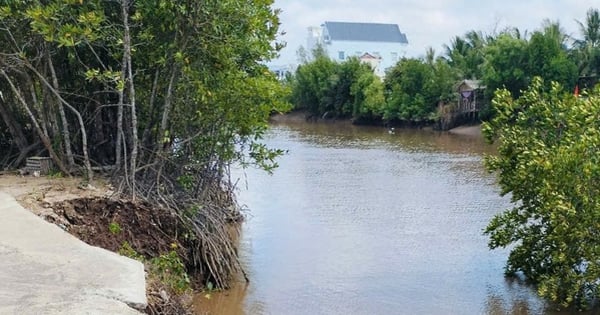

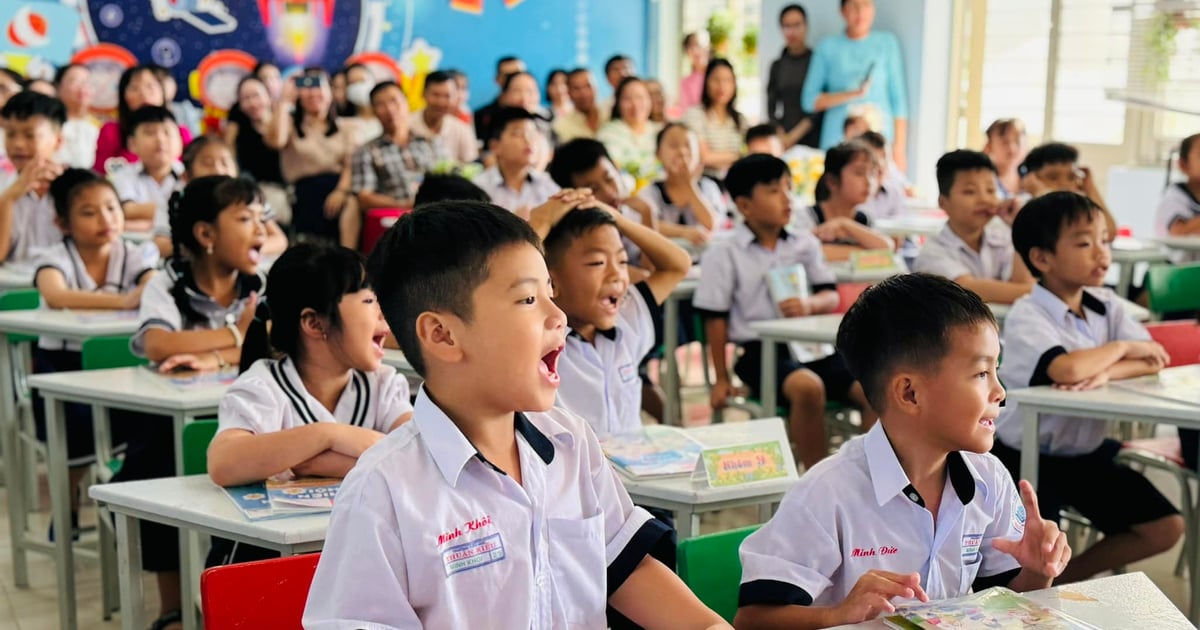
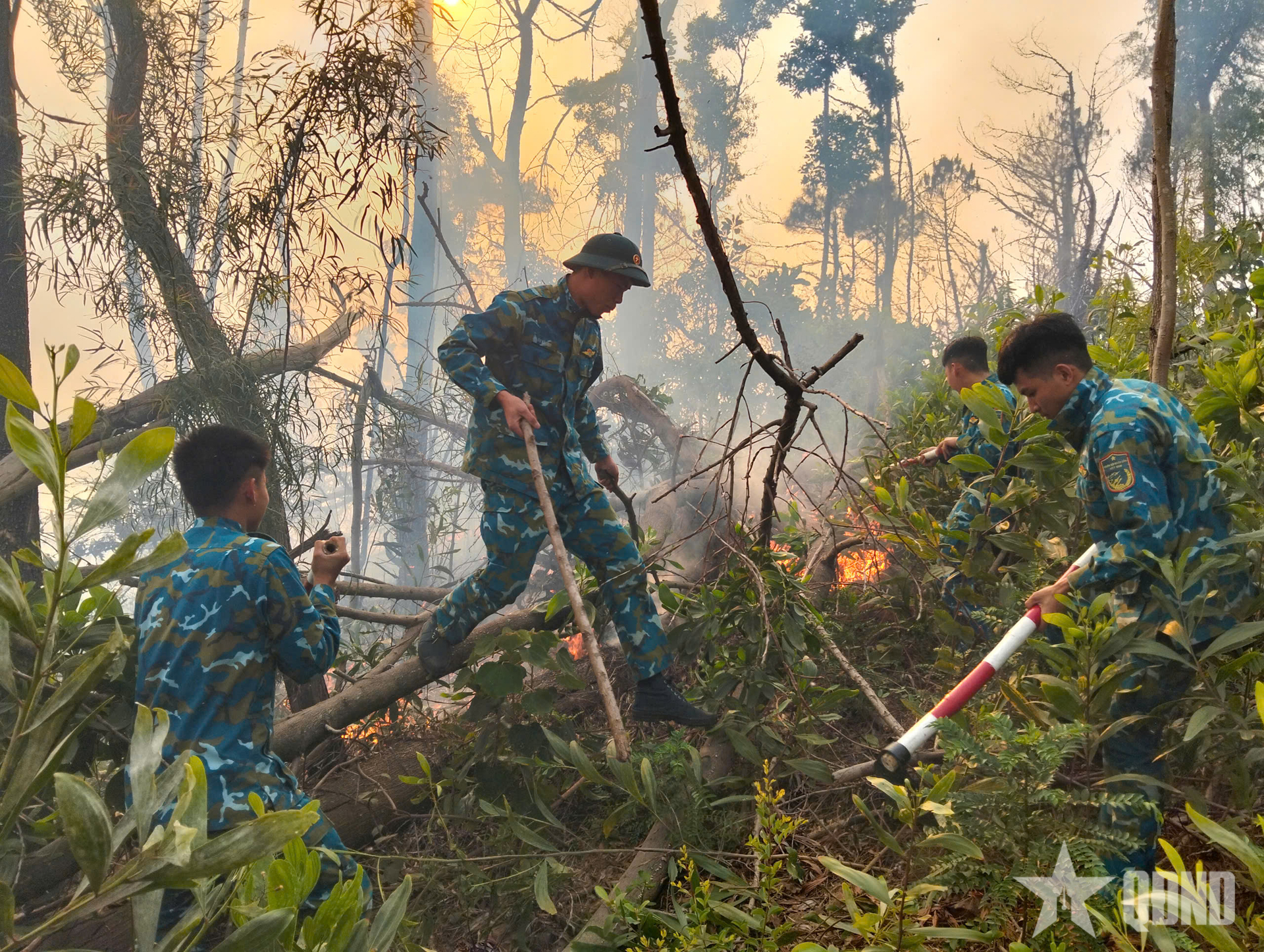
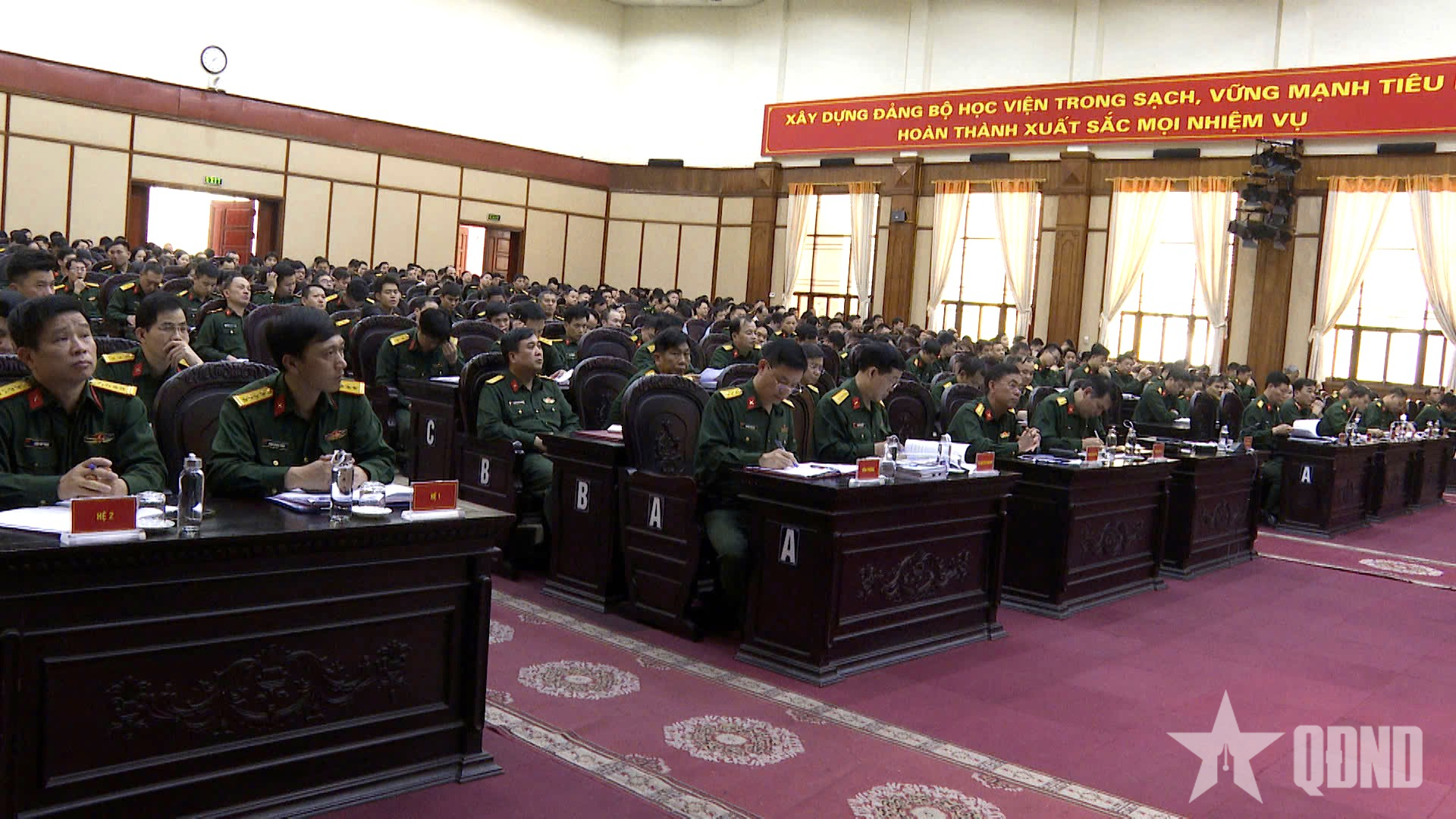
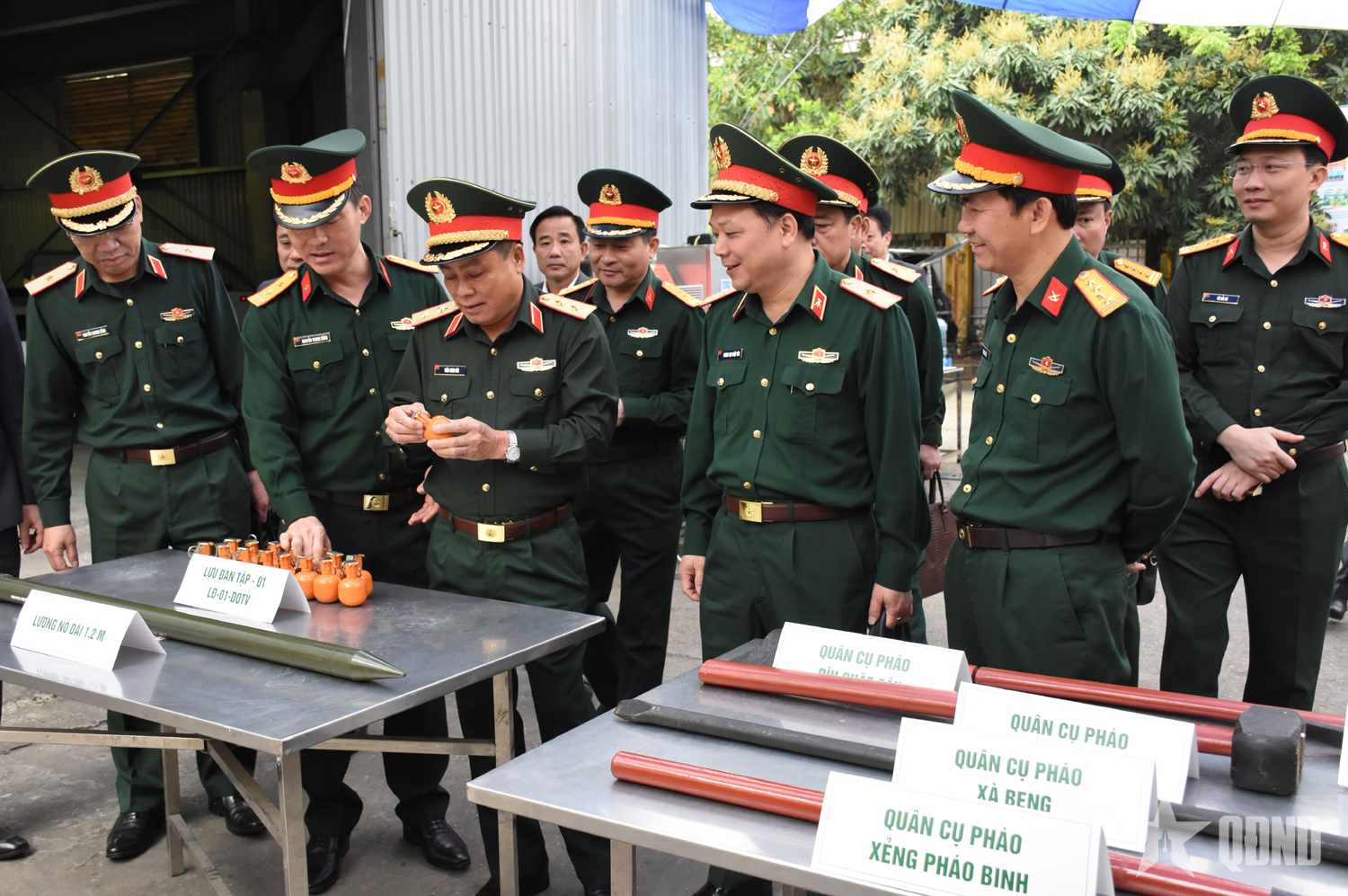
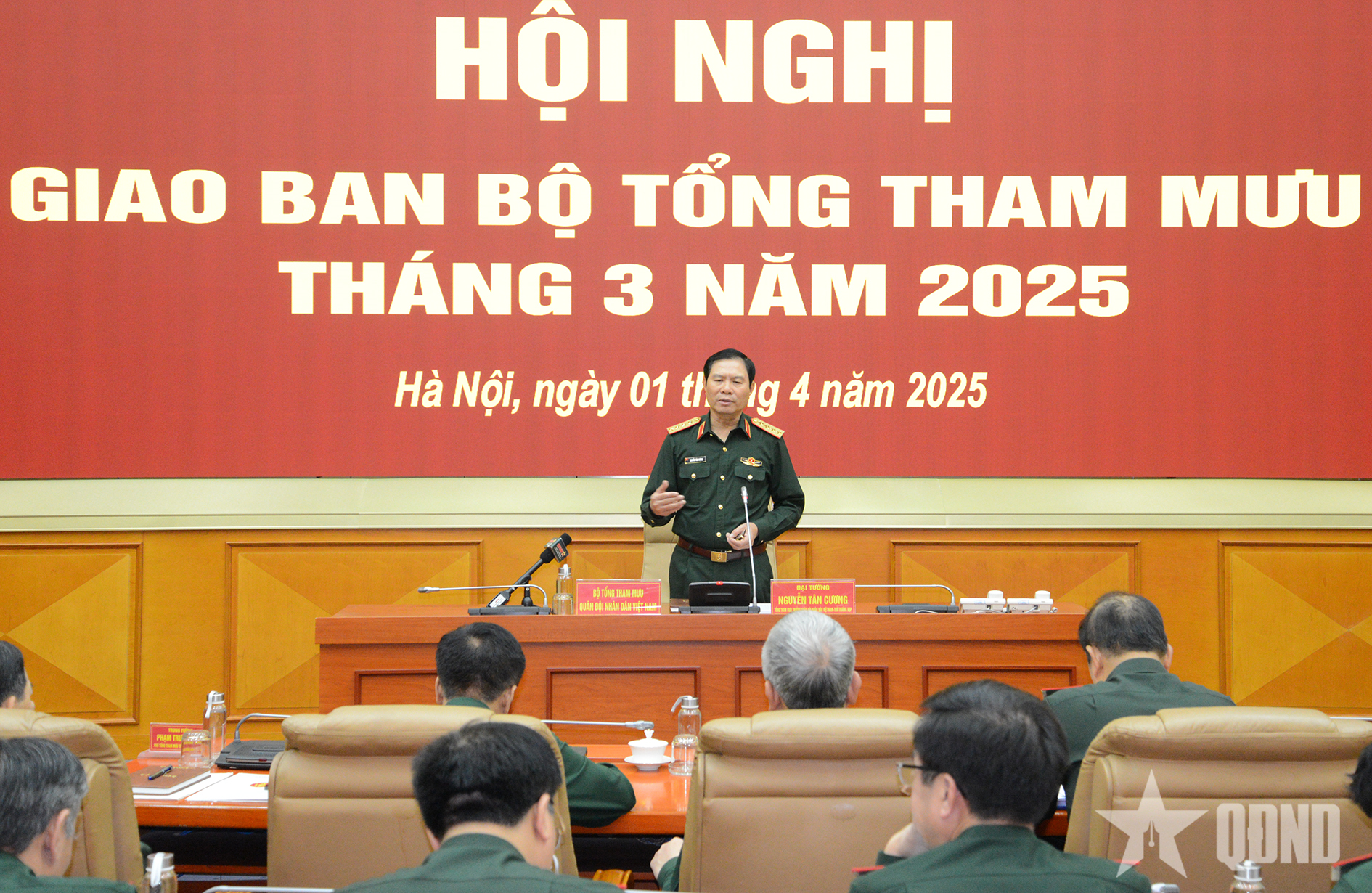
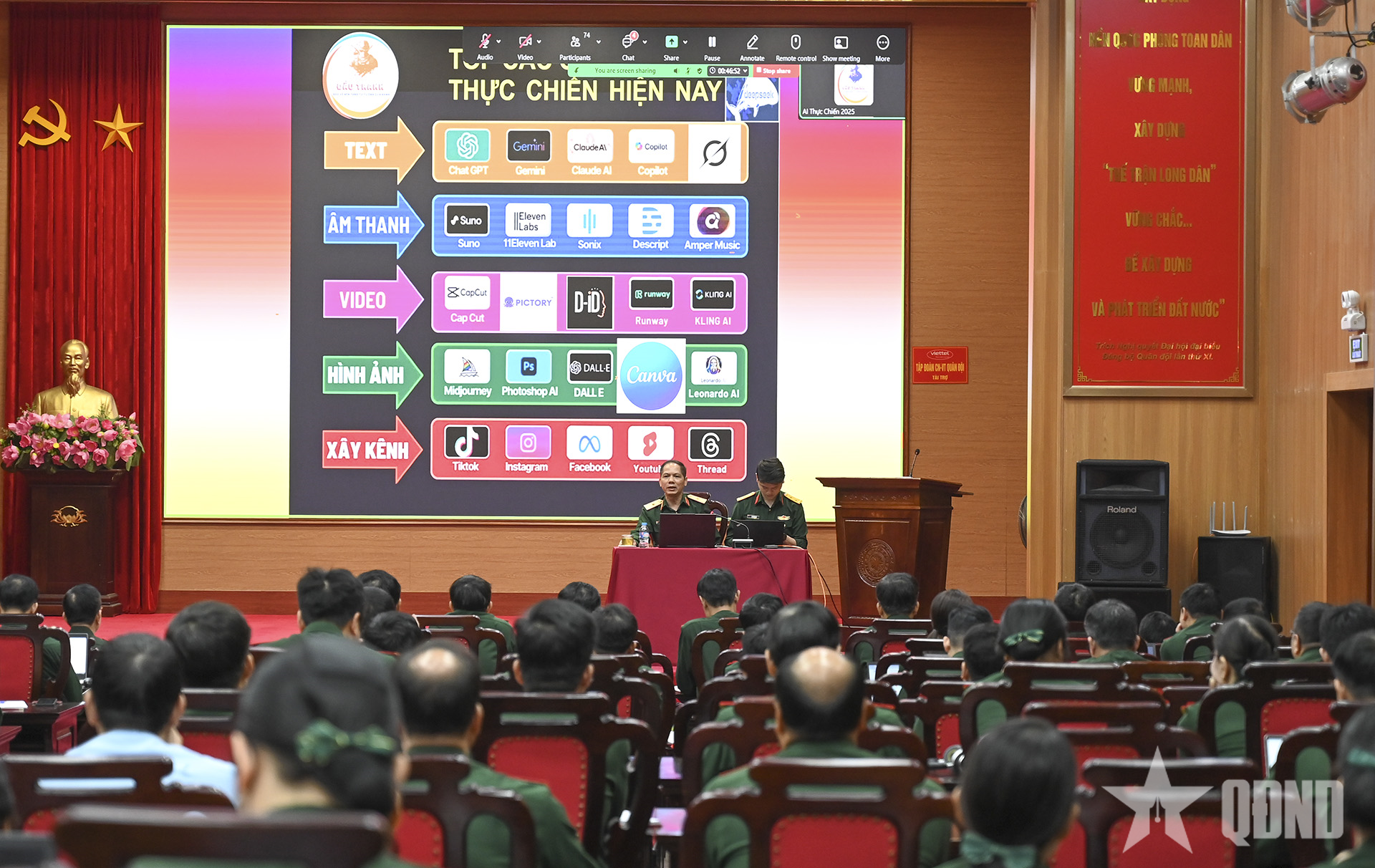
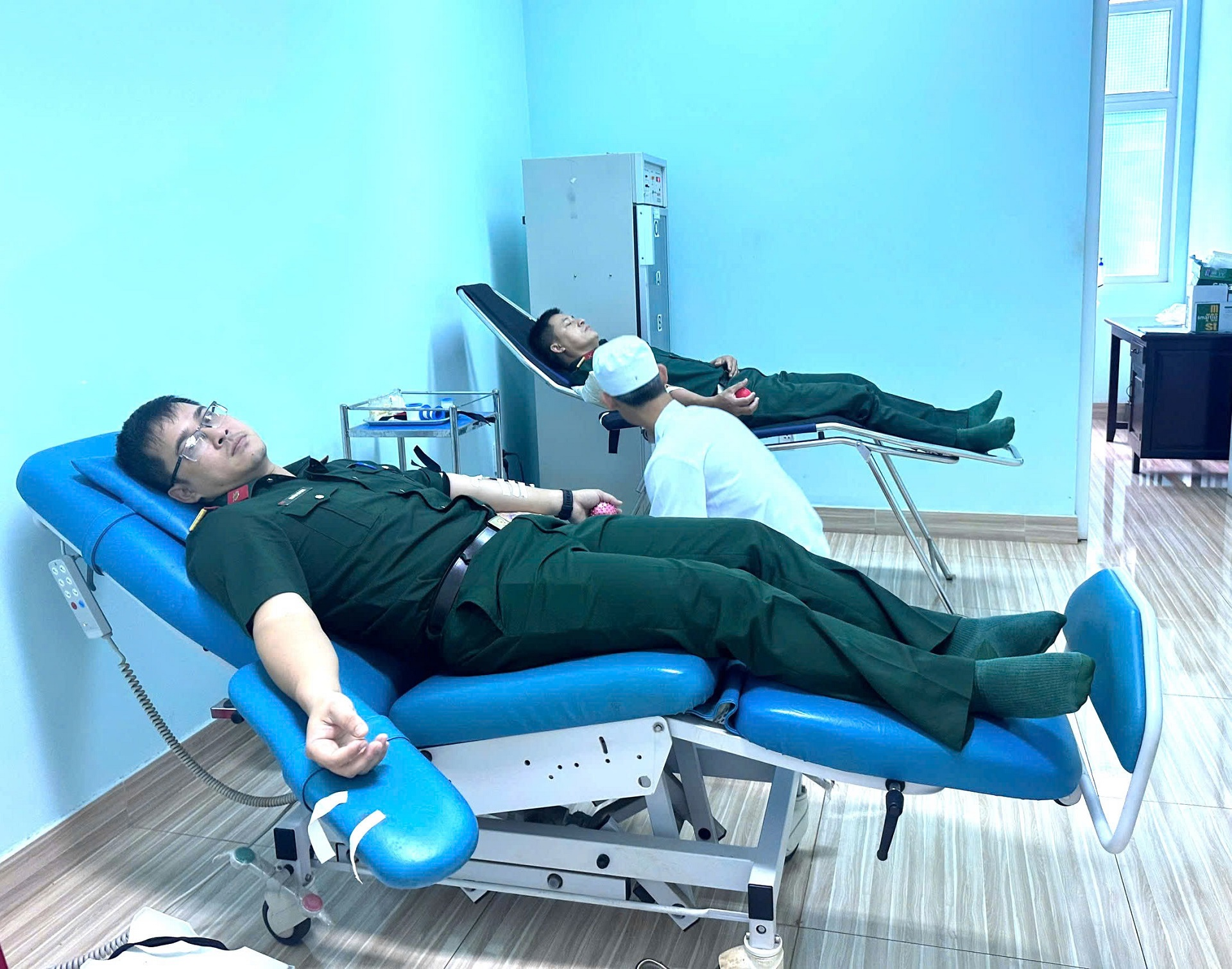




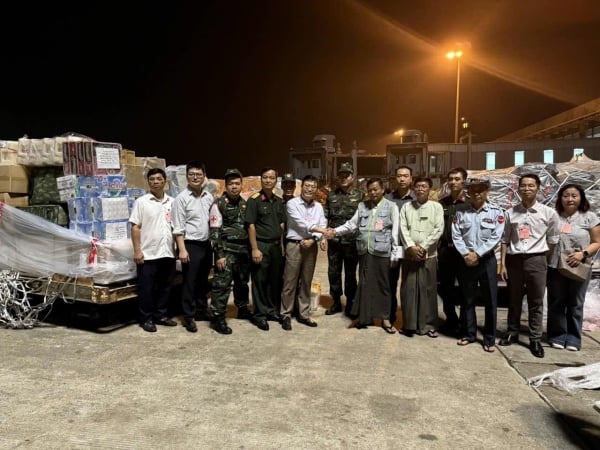
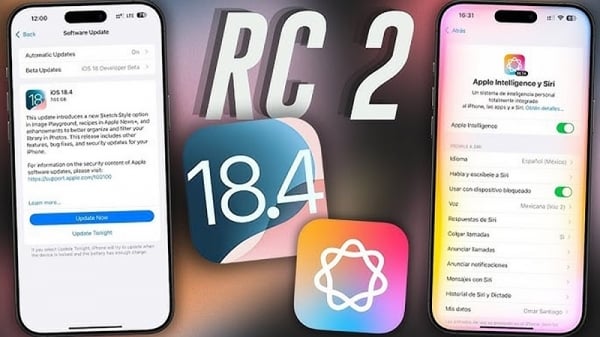
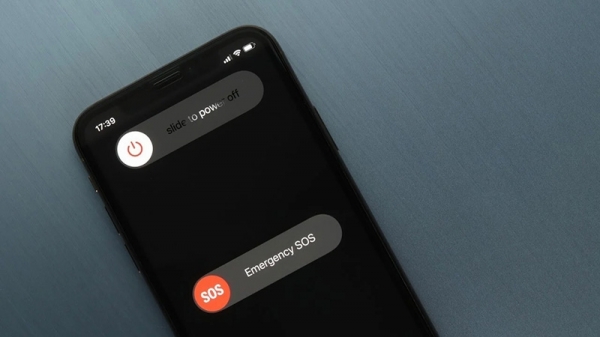
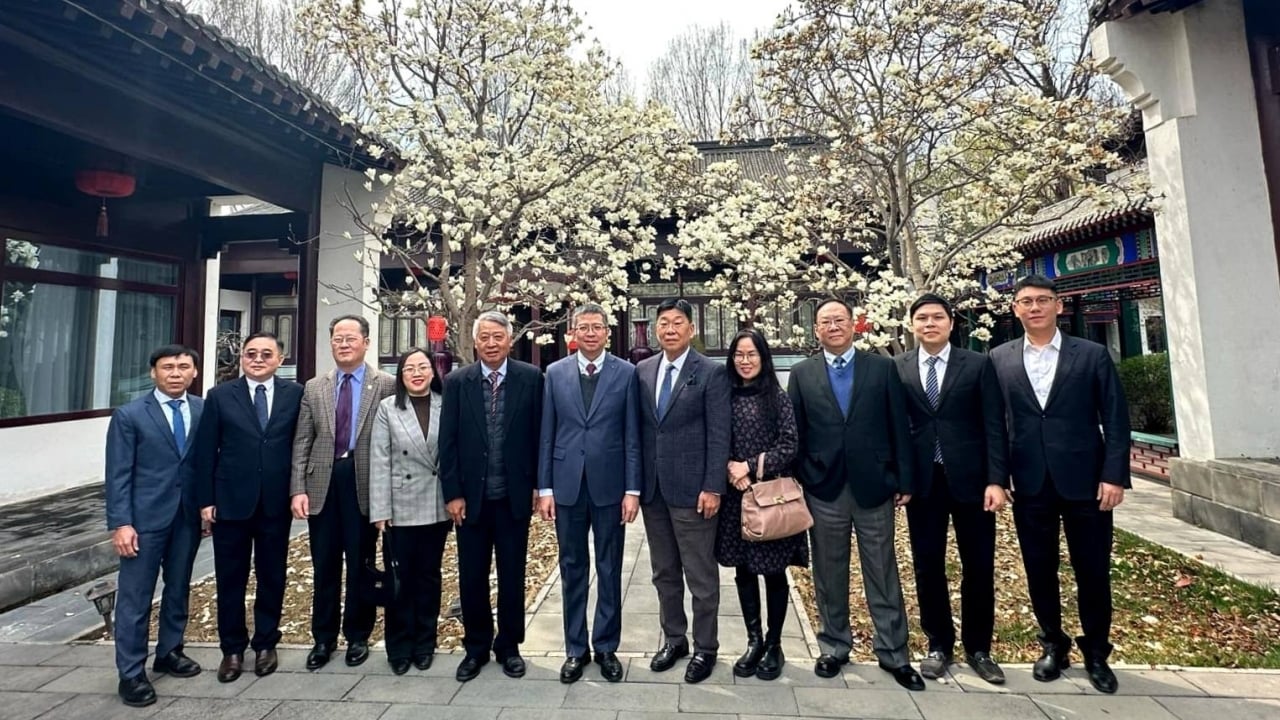
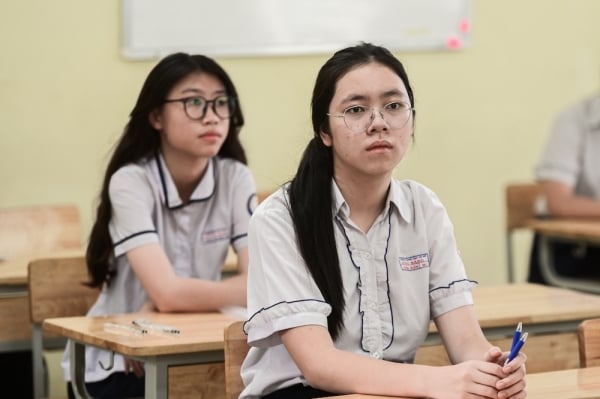
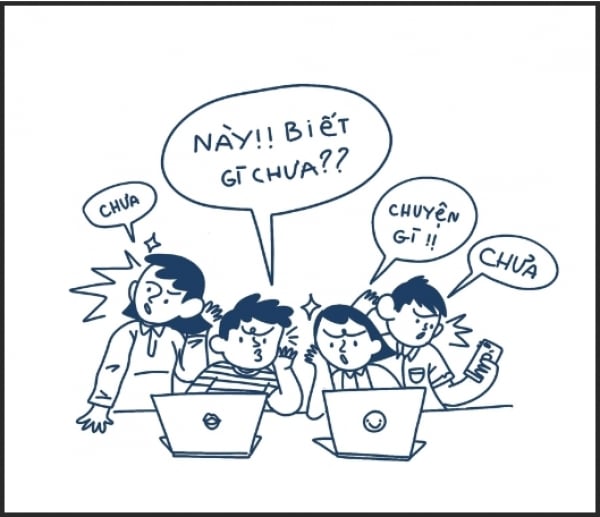






























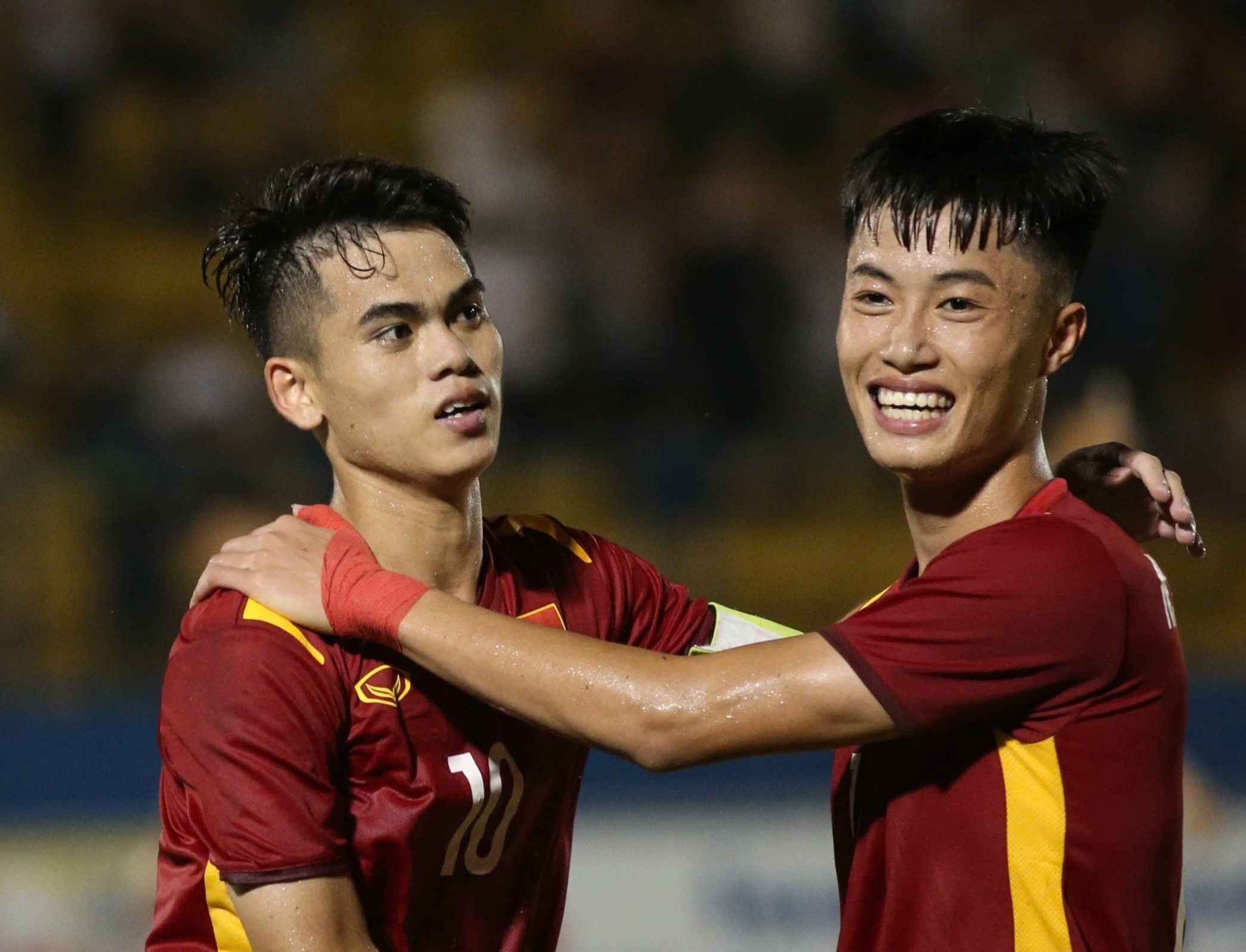
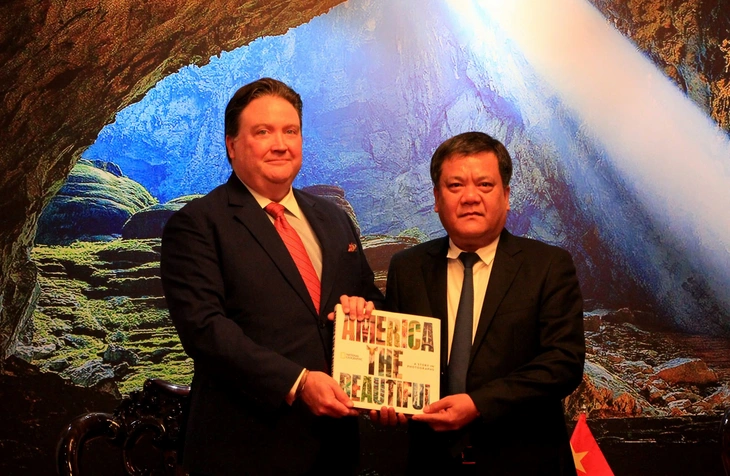

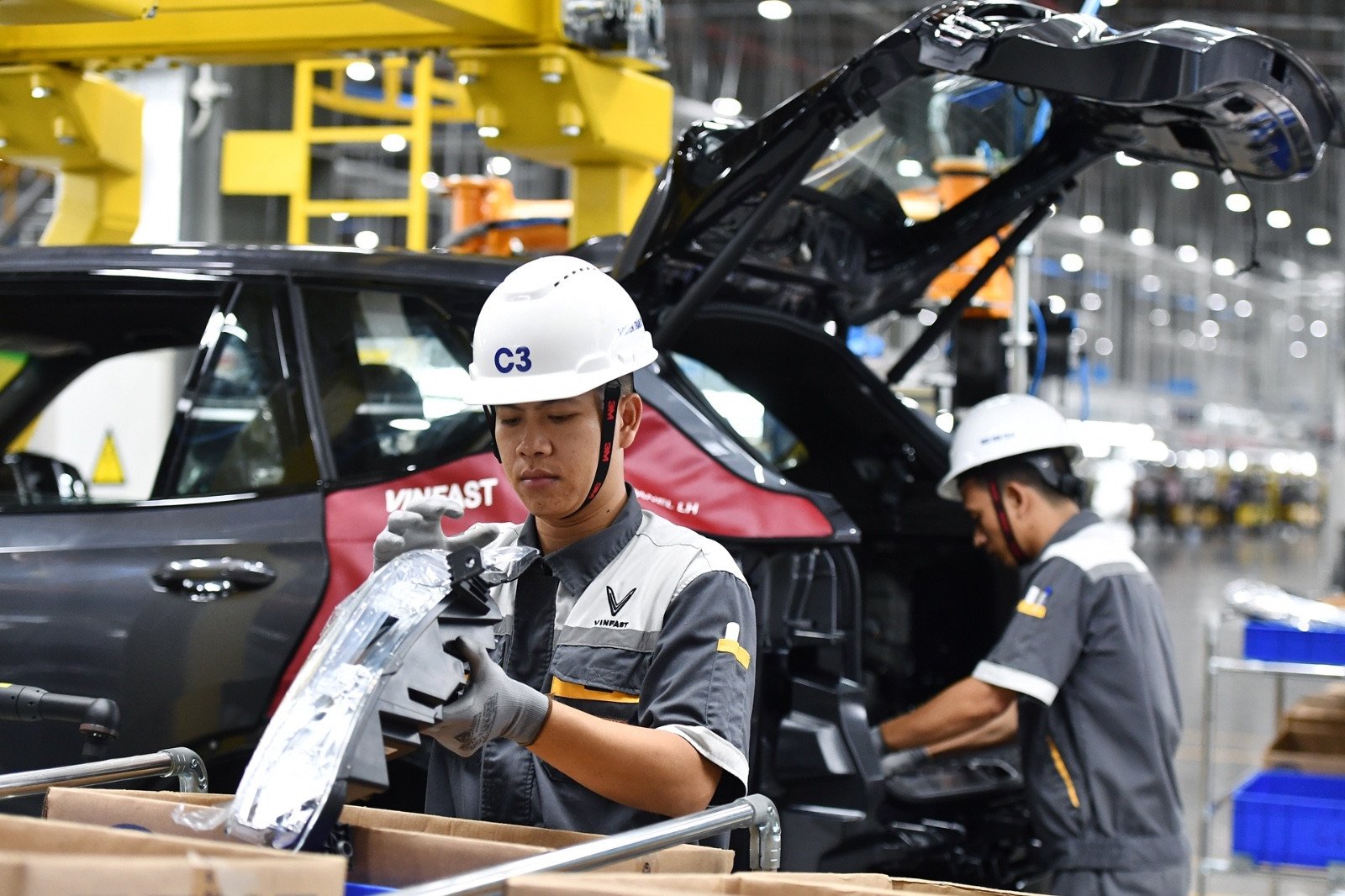
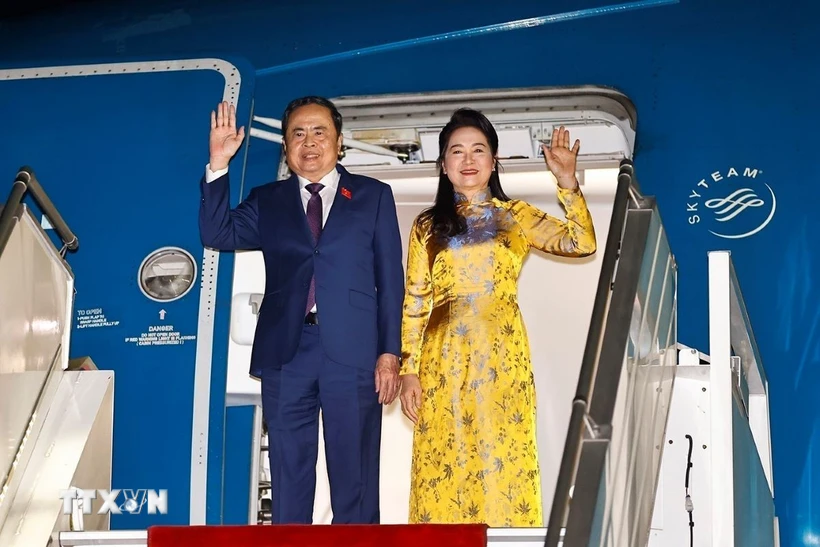











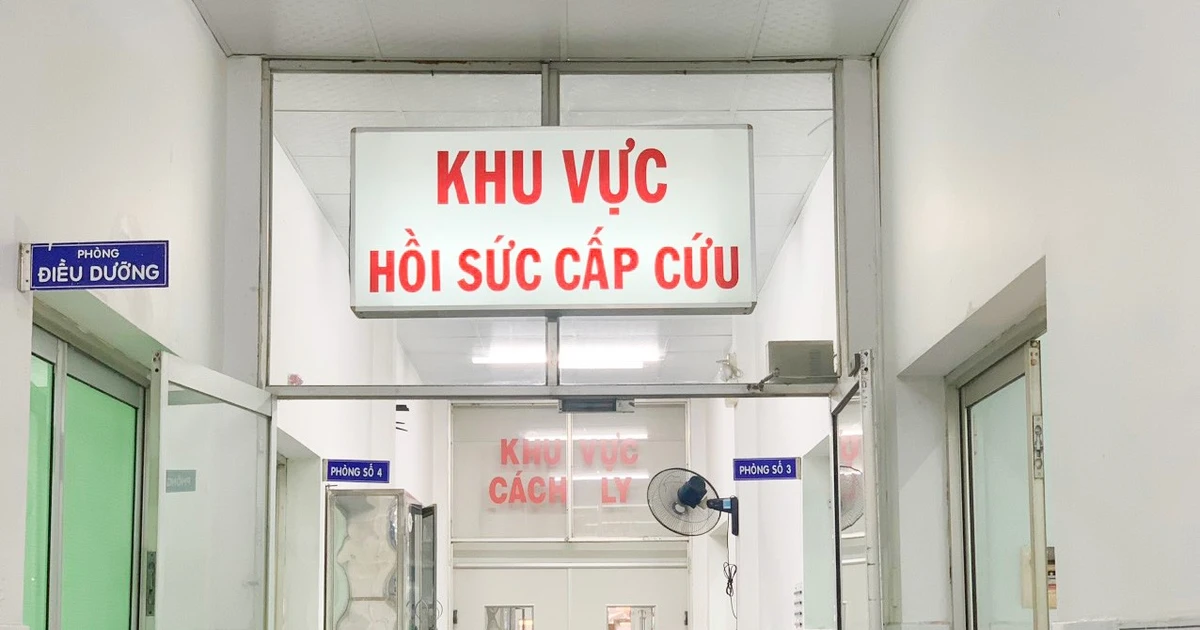

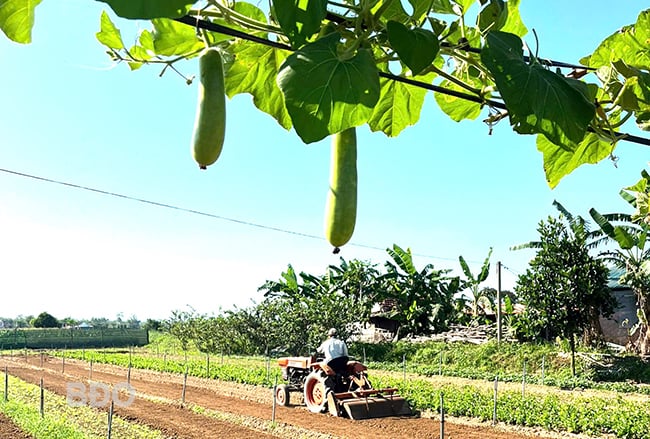

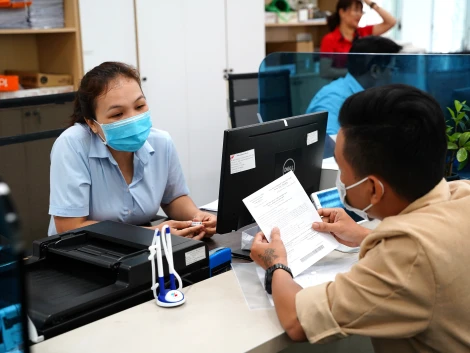
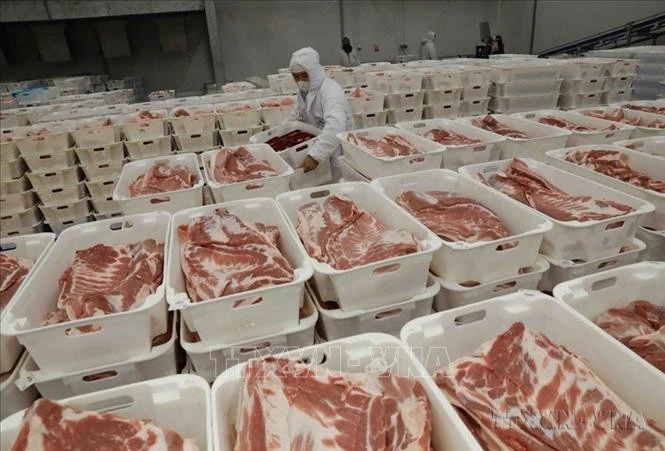
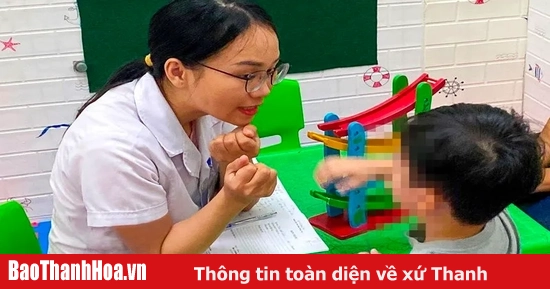












Comment (0)